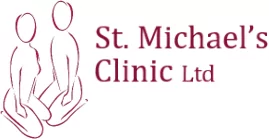Award winning dermatology service, with over 20 years on experience
Short waiting lists, on some occasions offering same week appointments
Safe environment, in Care Quality Commission approved facilities
Warts & Verrucae Treatments Include:
SKIN TAGS, VERRUCAE & wart removal shrewsbury
Warts and Verrucas are contagious, viral infections which are usually found on the hands or the feet. They appear as a cluster of skin cells that have been infected and transformed by the virus, and as they are contagious and often unsightly, they are commonly removed. Skin Tags are small growths which hang off the skin, they are usually harmless and don’t cause pain or discomfort but can cause embarrassment and inconvenience depending where on the body they are, so they are often removed. Our specialist doctors have the expertise to deliver outstanding results and remove skin tags, warts and verrucas.
WHAT CAUSES WARTS & VERRUCAE?
Warts are caused by the human papilloma virus, which enters the skin surface, causing growth and thickening of the top (epidermal) layer of the skin. This produces the rough, hard texture of a wart. Warts are contagious, and close skin-to-skin contact can pass on the infection. Warts and Verruca are more likely to be spread if the skin is wet or damaged, which is why they are often caught around public swimming pools. It can take months for a wart of verruca to appear after you have come into contact with the virus.
WHAT ARE THE SYMPTOMS OF WARTS & VERRUCAE?
Warts vary in appearance depending on where they are on the body and how thick the skin is, but the common wart is often round, firm and raised, with a rough surface. On close inspection, many tiny black dots may be seen in the centre, caused by ruptured blood vessels.
The majority (70%) of all warts are found on the fingers and hands. Warts commonly occur around fingernails, especially in children and can lead to a depression in the nail matrix, causing grooves to develop in the nails. Verrucas, which are warts on the feet account for 25% of all wart virus infections. These can be painful during walking.
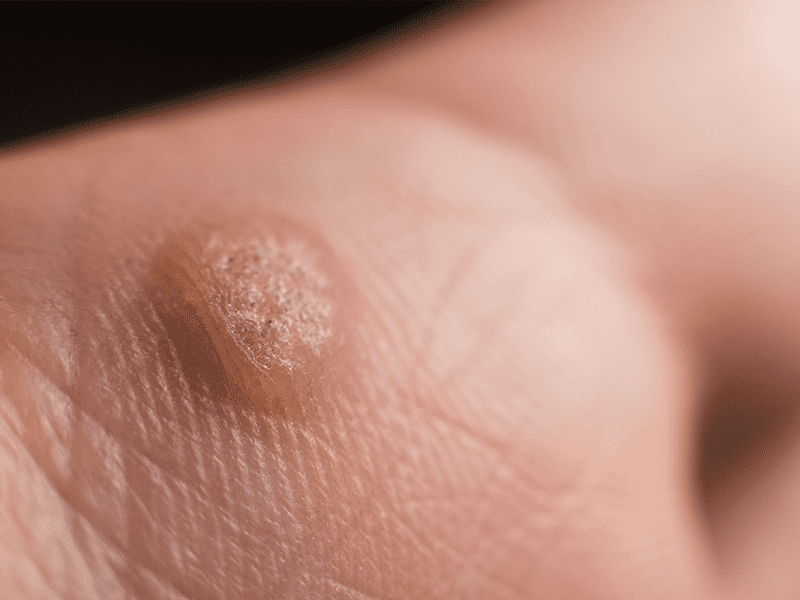
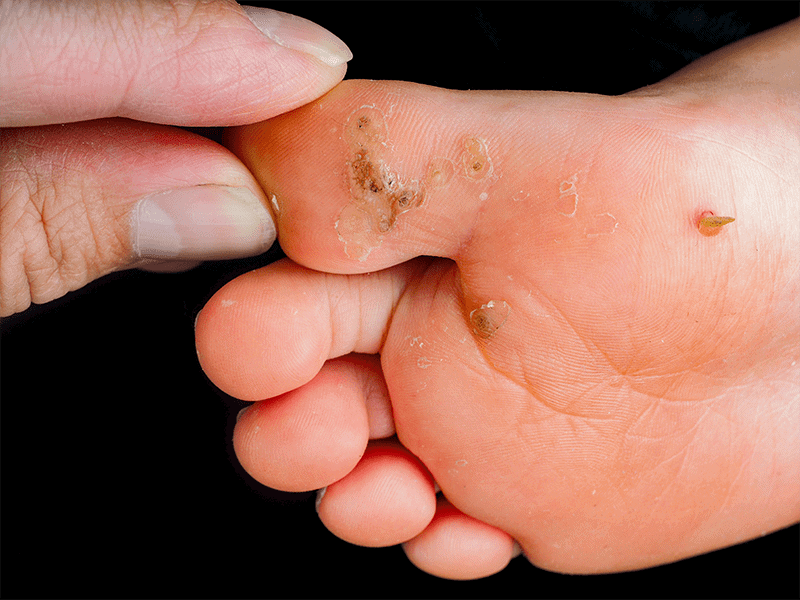
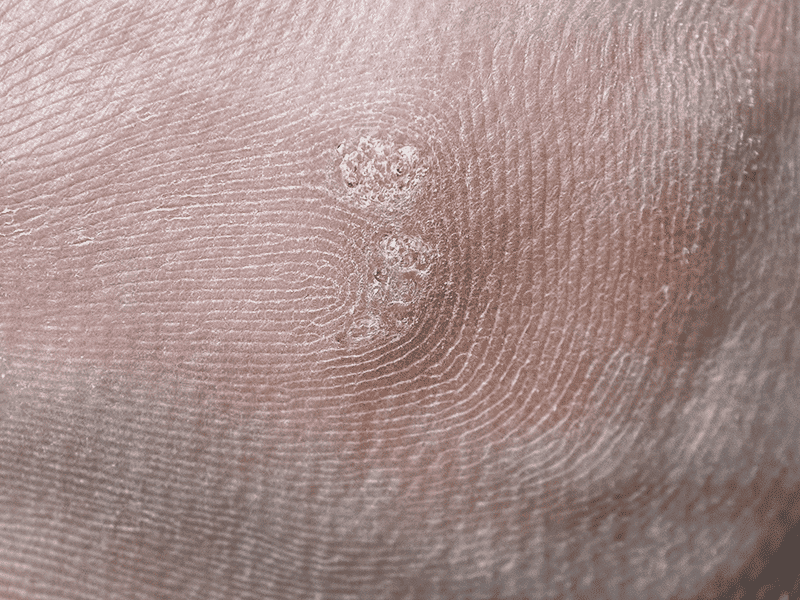
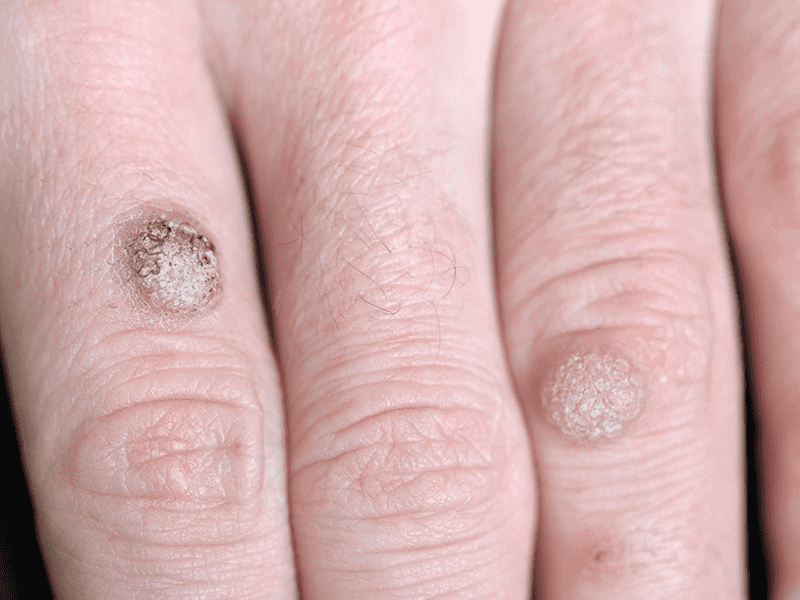
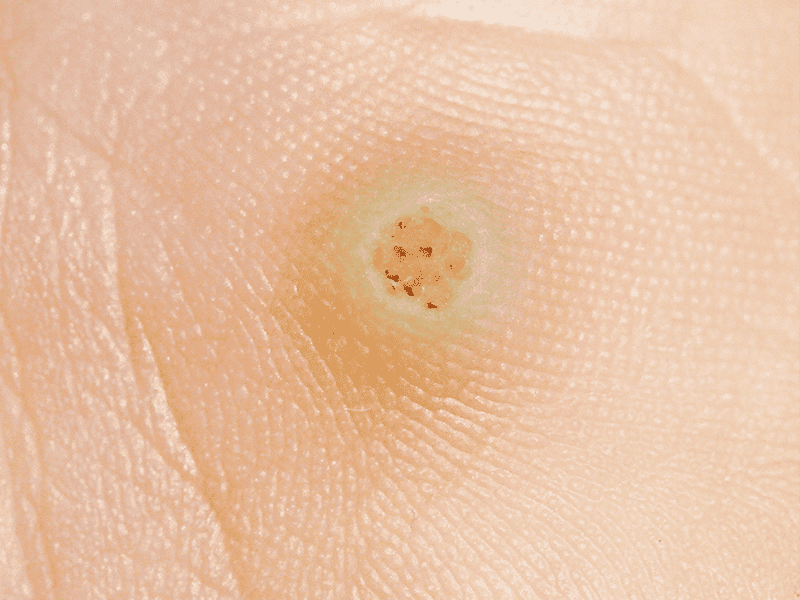
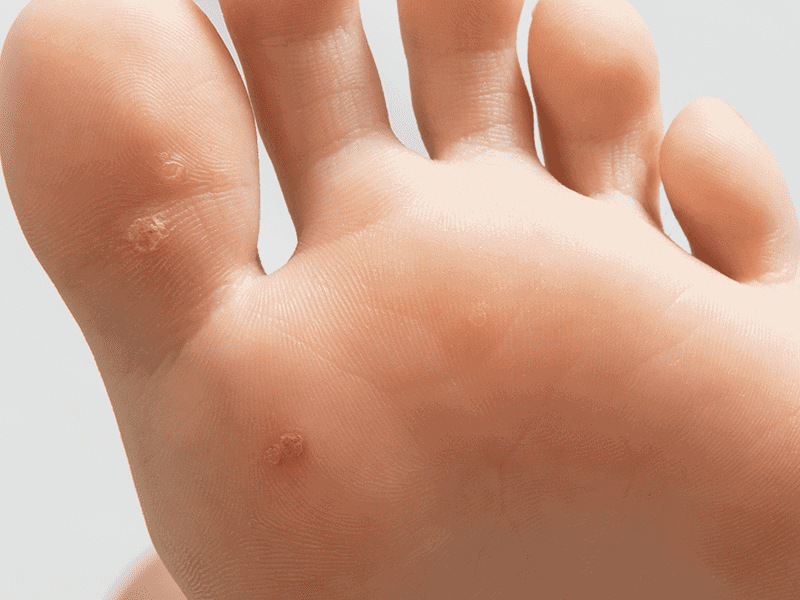
HOW CAN SKIN TAGS, WARTS AND VERRUCAE BE REMOVED?
TOPICAL SOLUTIONS
Warts can be painted with a topical solution that can eventually kill off the skin the virus is living in; however this treatment can take many months of daily applications, and some warts still remain despite the diligence.
CRYOSURGERY
Cryosurgery treatment involves liquid nitrogen to kill off the infected tissue. Usually multiple treatments at 2 to 3 week intervals are required. A spay, cotton swab or a metal device called a cryoprobe will be placed on the skin tag, wart or verruca and extremely cold liquid nitrogen will be applied. This freezes the cells it comes into contact with, causing them to disappear within a few days.
ELECTROCAUTERY
Electrocautery uses a small probe to accurately introduce an electric current into the wart material with the aim of cauterising the blood supply. Occasionally, this is combined with curettage (scraping off the wart) with prior local anaesthetic injection to numb the area. This is often the treatment of choice for a single symptomatic wart. During your consultation, your skin condition will be assessed and the most appropriate treatment option will be discussed with you.
FREQUENTLY ASKED QUESTIONS
HOW COMMON ARE WARTS AND VERRUCAE?
Most people will have warts at some point in their life, though they tend to affect children and young adults. Warts are generally not painful, though verrucas can be sore to stand on. Some people find their warts embarrassing and those on the fingers may interfere with normal daily activities.
Without treatment, the length of time it takes a wart to disappear will vary between people. As a rough guide, about a third of warts have gone within three months, and most will have resolved within 2 years. Verrucas can take a lot longer than this to disappear.
For further information please visit the NHS website and the British Association of Dermatology Patient leaflet.
HOW CAN I PREVENT WARTS AND VERRUCAE FROM SPREADING?
- Wash your hands after touching a wart or verruca
- Change your socks daily if you have a verruca
- Cover warts and verrucae with a plaster when swimming
- Take care not to cut a wart when shaving
- Don’t share towels, flannels, socks or shoes
- Don’t bite your nails on fingers with warts on
- Don’t walk barefoot in public places if you have a verrucae
- Don’t pick or scratch at them
REQUEST A CALL BACK
Please fill in this form and one of our team will give you a call back to arrange a consultation with one of our expert dermatologists.
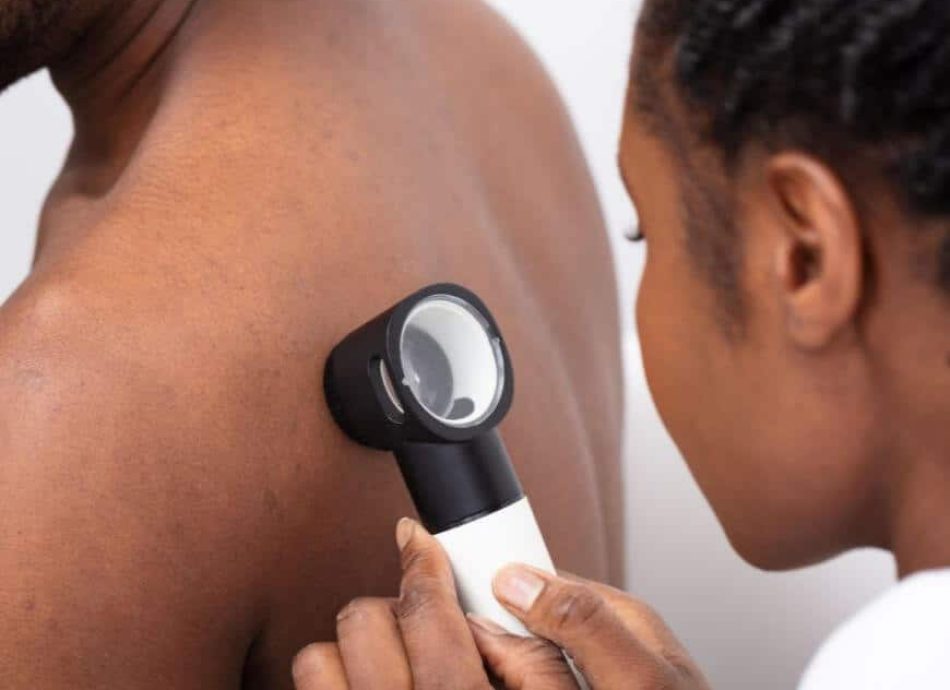
HEAR FROM OUR PATIENTS
WHY CHOOSE ST. MICHAEL'S CLINIC FOR VERRUCAE & wart removal IN shrewsbury?
Here at St. Michael’s Clinic, Shrewsbury’s leading private skin and laser treatment clinic, our experts are specialists in all aspects of dermatology, skin cancer, anti-ageing and beauty treatments. We are able to offer NHS patients a consultant led dermatology service from our sites in Shrewsbury and Much Wenlock.
St. Michael’s Clinic is regulated by the Care Quality Commission, ensuring the best level of treatment is provided to you in a safe environment. We are part of the Dermatology Partnership, a leading group of dermatology clinics, defined by clinical excellence and focusing on leading dermatological care.
